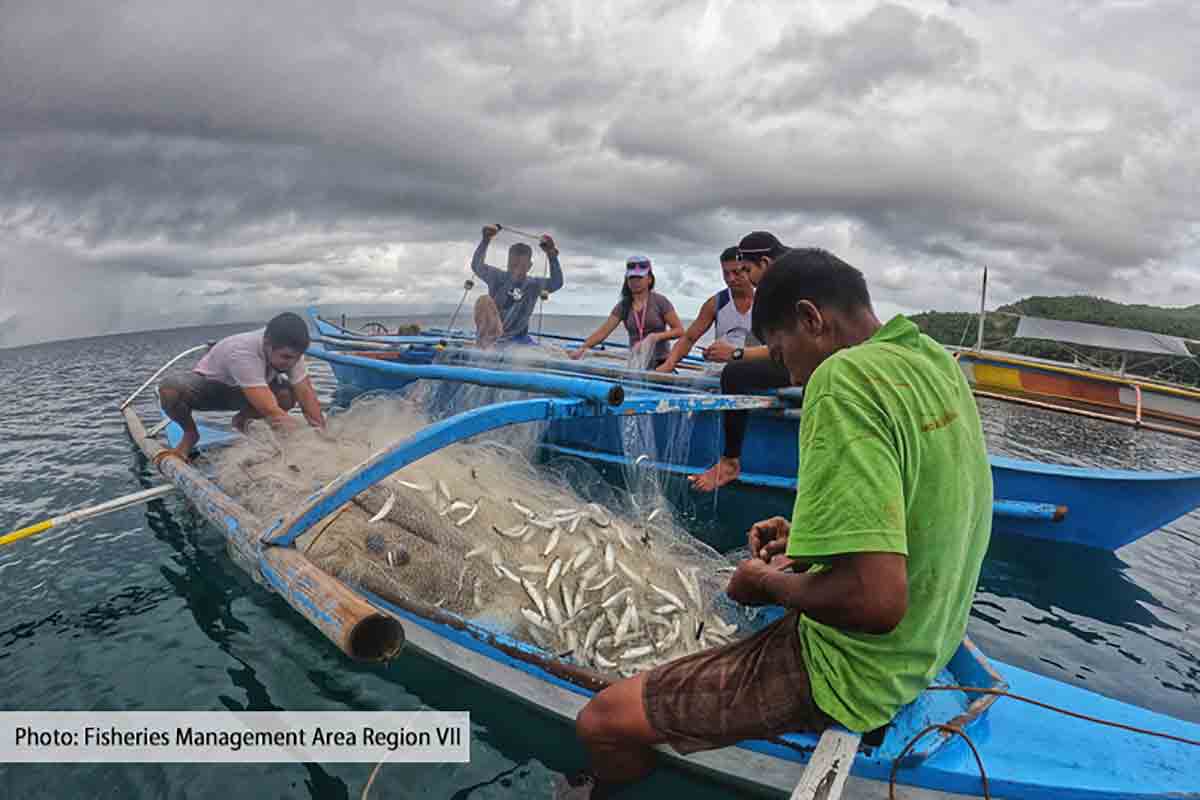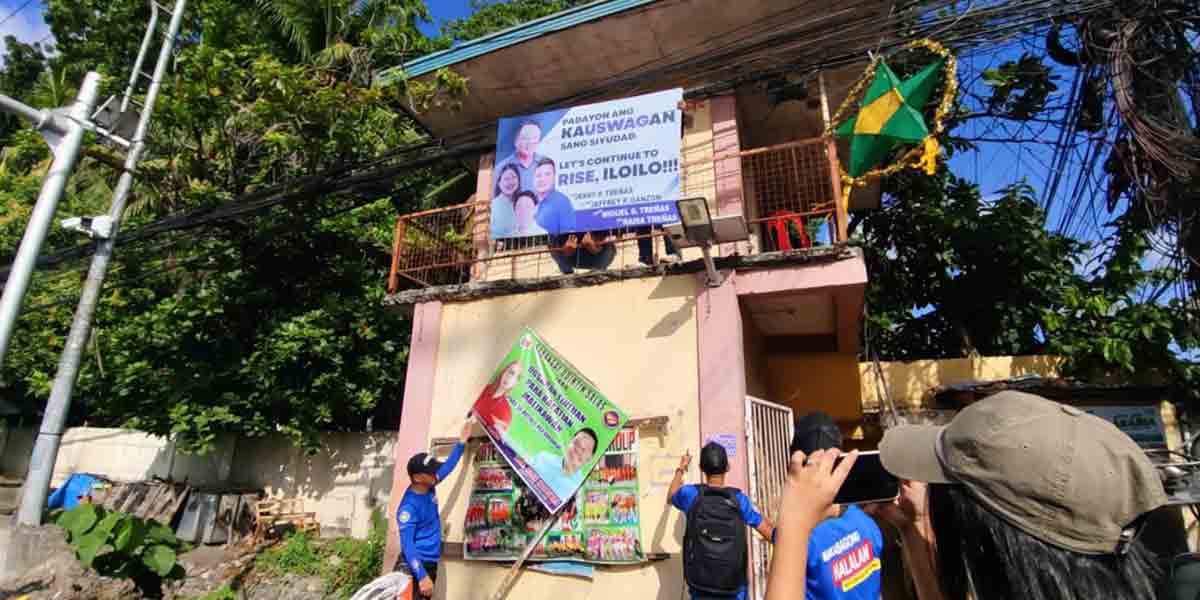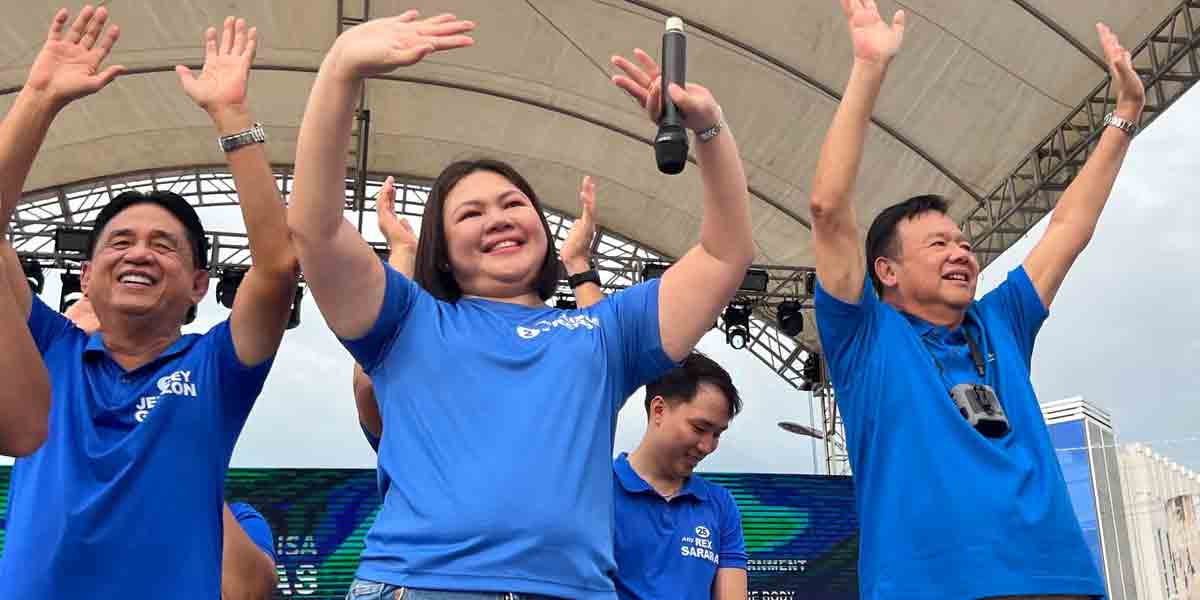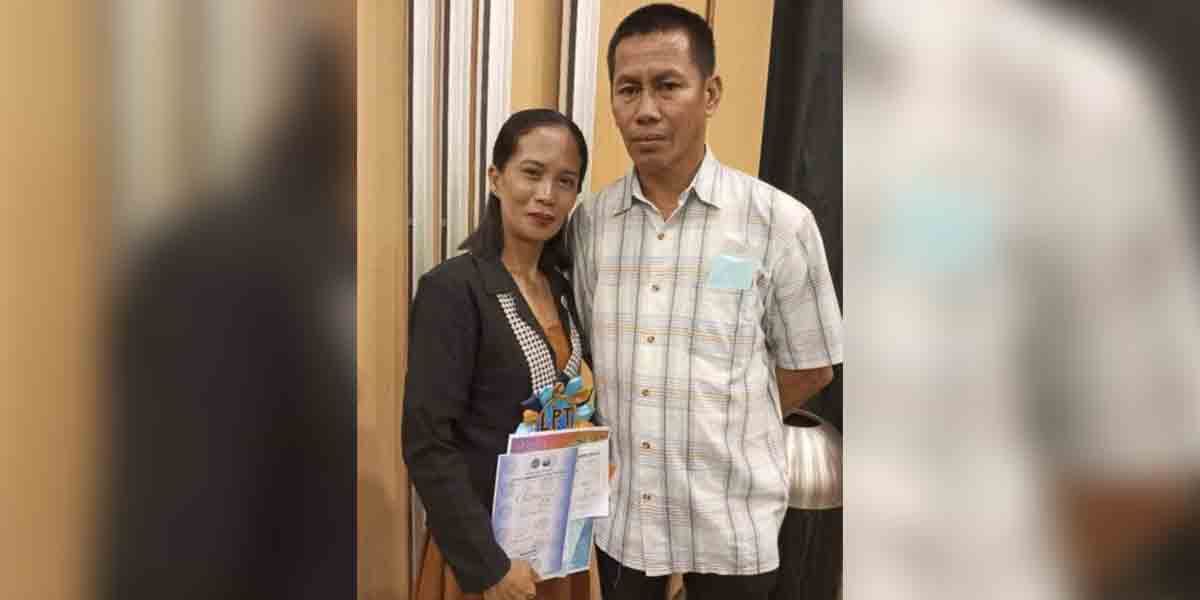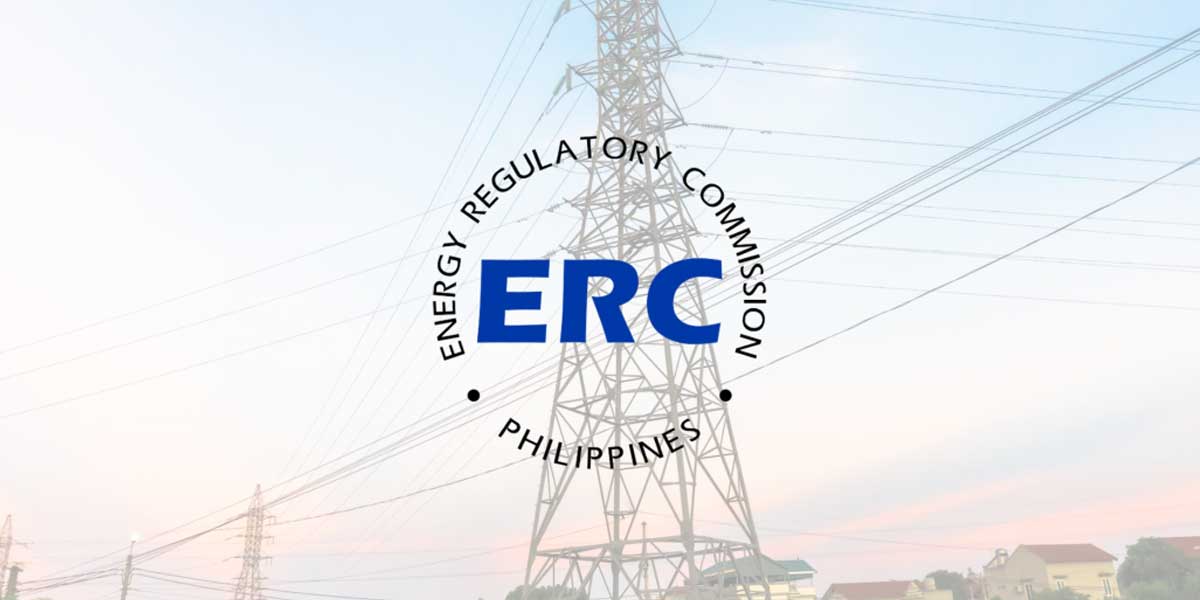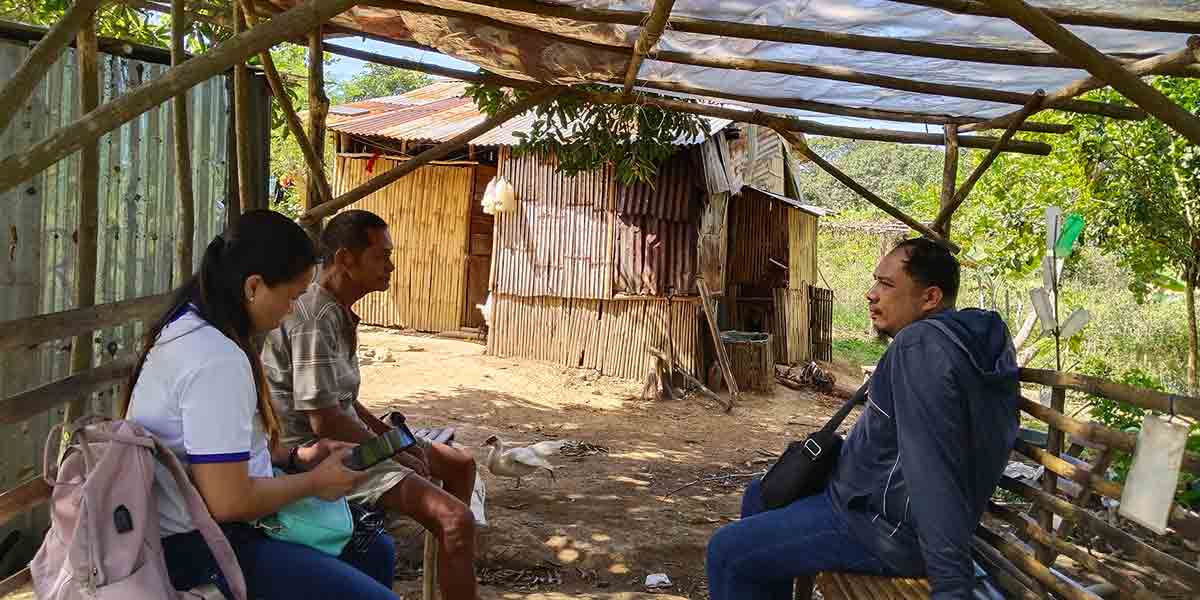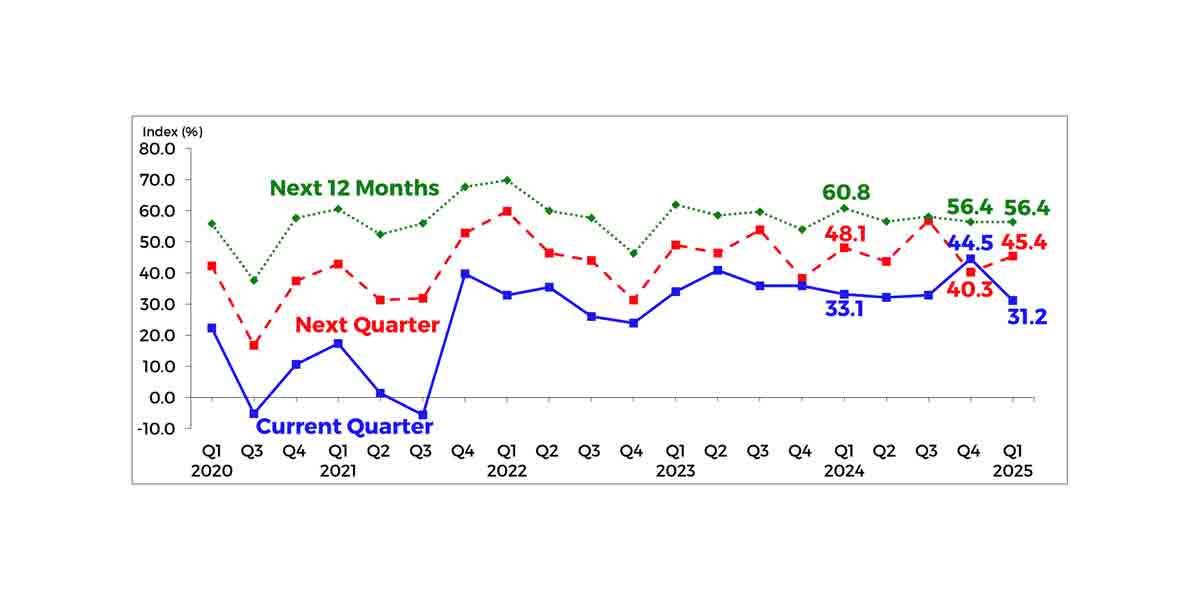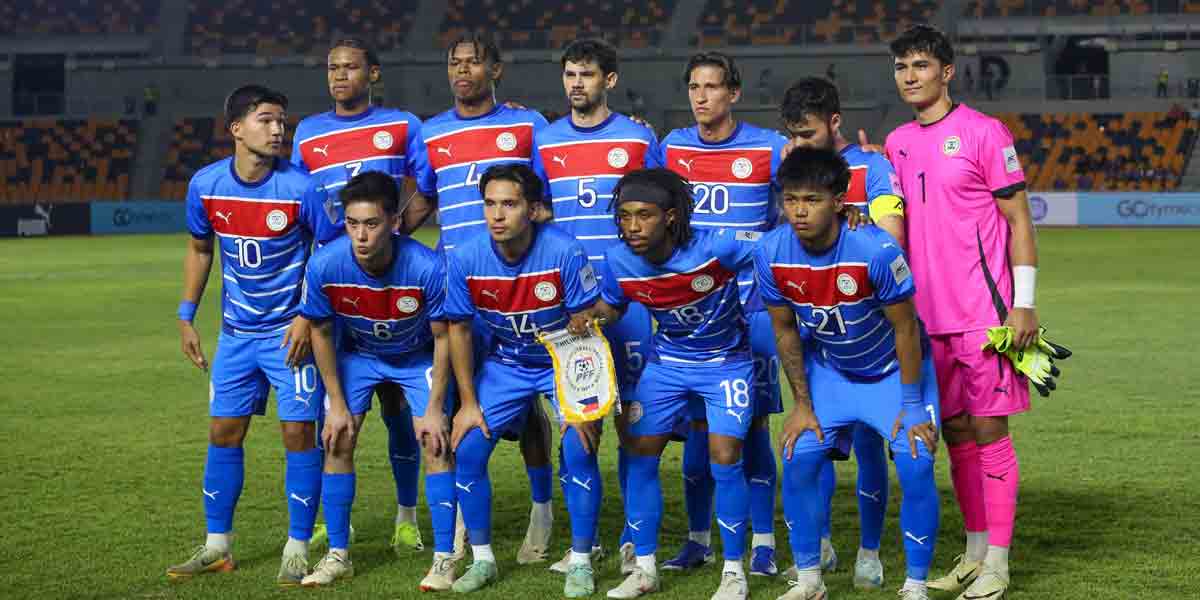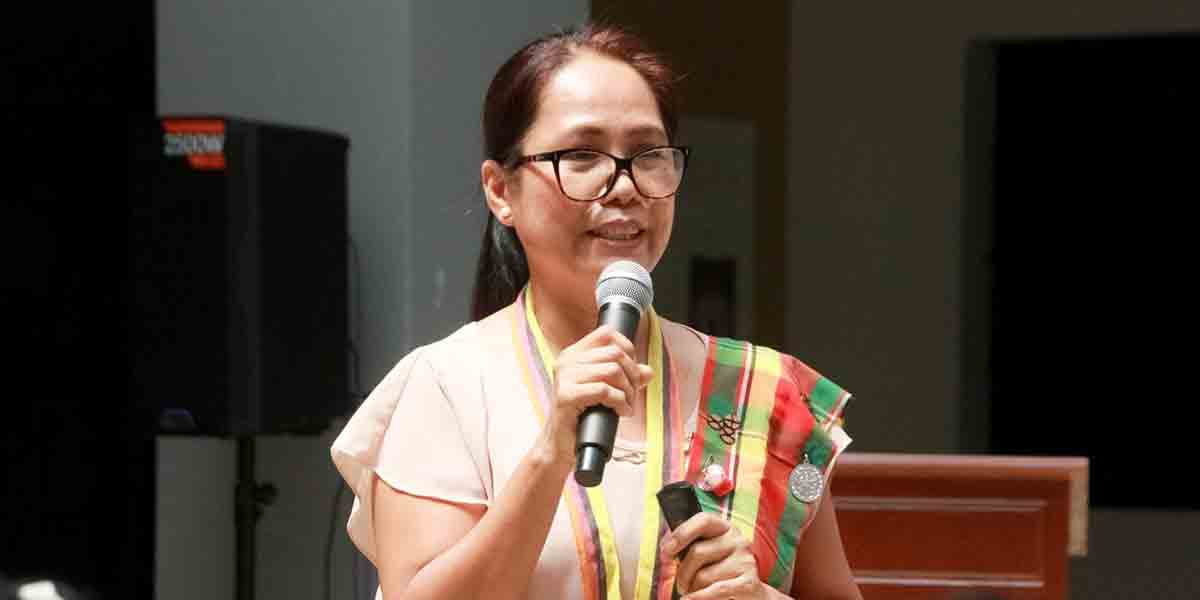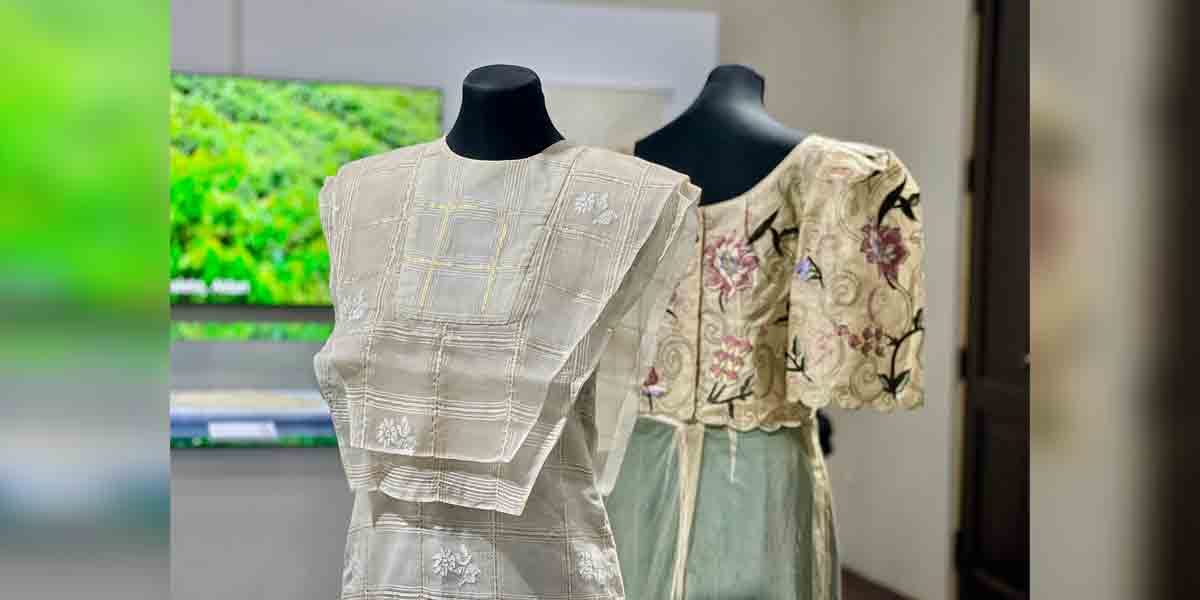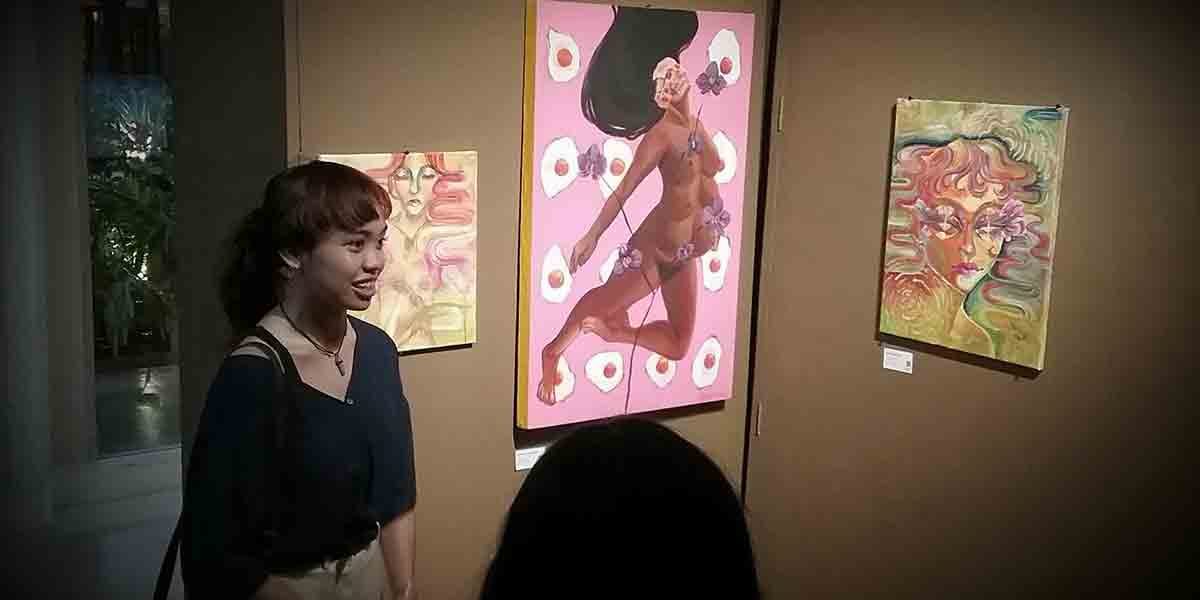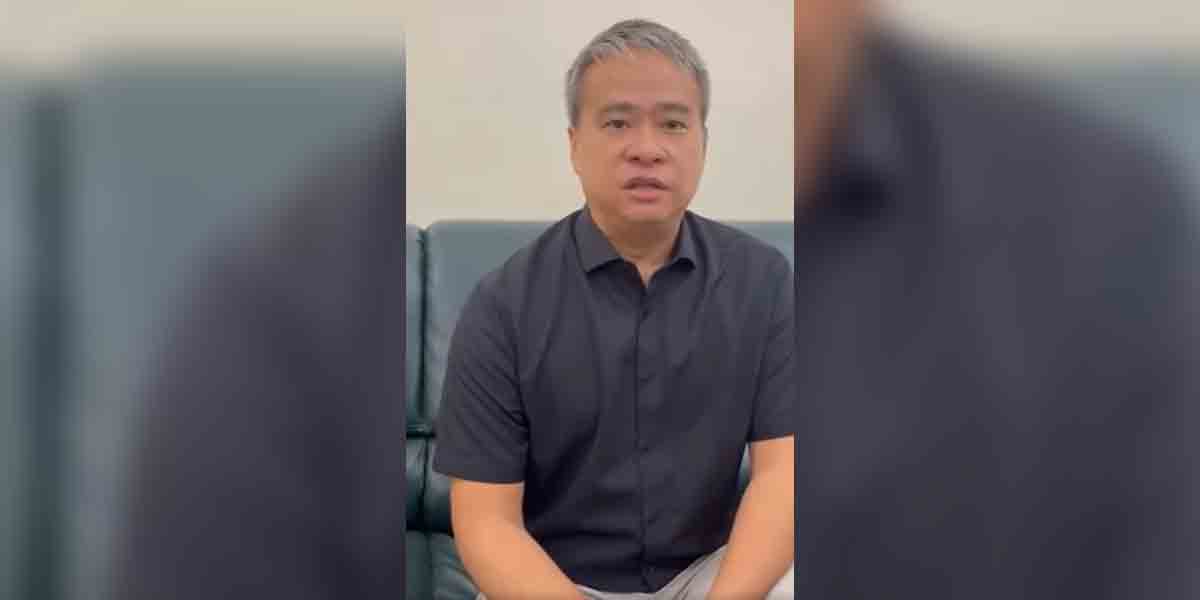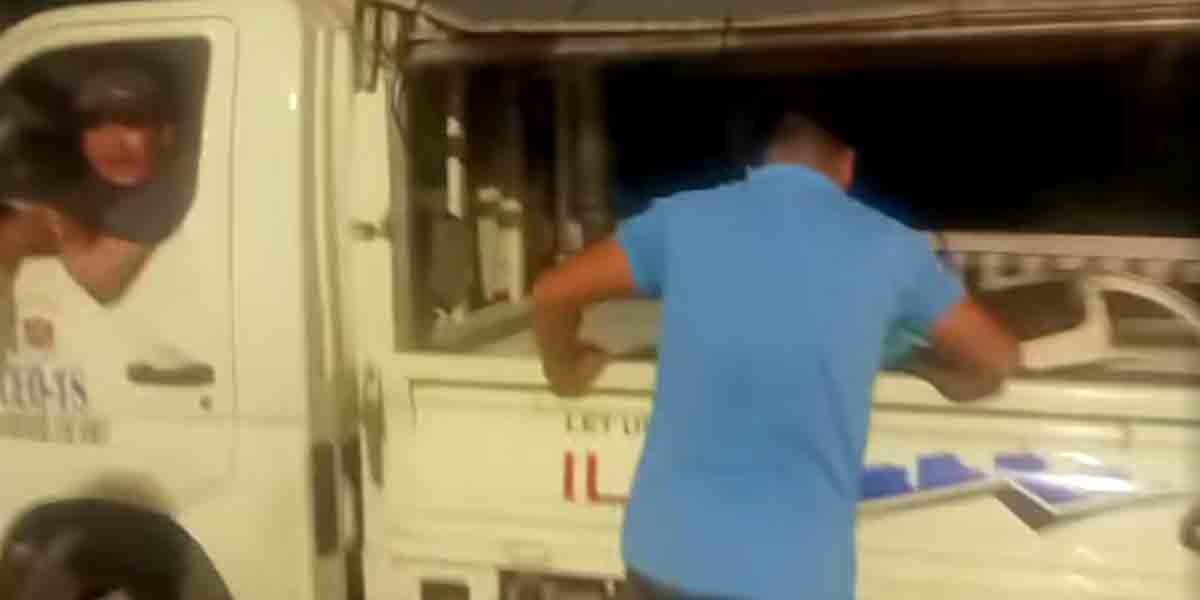 By Modesto P. Sa-onoy
By Modesto P. Sa-onoy
“What’s in a name? That which we call a rose by any other name would smell as sweet,” Juliet lamented in William Shakespeare’s love tragedy, Romeo and Juliet. In our present tragedy, what is ECQ, MCQ or GCQ, is quarantine by any initial is quarantine just the same. It prevents people from leading normal lives and now the government will decide what is normal. It is euphemistically called, “new normal” a different way of life than what we know last January or February. The new normal is that the government decides who can do this and that.
The new normal for instance is that people can go and have their haircuts and women can get their nails manicured and their hairs bonded but they cannot go to church because the churches are closed. In the US for instance, abortion clinics are open because abortion is an essential medical situation, but churches are closed.
What is normal to some will be abnormal to others. The government now selects who can come out and get a massage but not a senior citizen to buy his or her maintenance drug. They must get somebody to buy for them. There are situations however when two seniors, still hale and hearty, had to ask a neighbor to buy groceries and medicines for them. Is that normal or will that be the new normal? We hope not but the government has already issued a warning to prepare for a long term new normal.
Last Monday, Deputy Speaker Luis Raymund Villafuerte proposed his own version of the measure (by law naturally) “promoting social distancing measures in establishments and even government offices amid the threat of the coronavirus disease 2019 (COVID-19) in the country.” He said his “New Normal in the Workplace and Public Space Act,” is a proposal like that of Senator Manny Pacquiao in the Senate.
In his proposal, Villafuerte “stressed the need to practice measures that ensured people would not get ill especially in the wake of the COVID-19 pandemic.”
He said there should be temperature check and the local and national government showed provide handwashing stations”. Simply described people must always line up for temperature check and wash their hands when getting into a passenger jeep, buying car or auto spare parts, or entering anywhere, like supermarkets, or if by some government benevolence the churches are open for religious services, they should wash their hands and not touch the holy water in the font.
Further, he declared, “Basically less physical contact and (he is promoting this he emphasized), a governance where people could transact with the government without going to a government office.” The grease and the lagay can be done in a coffee shop or restaurant.
Villafuerte said the so-called “new normal” would likely remain in place until at least 2022, as the vaccine for COVID-19 could only come in 18 months and it could take about six months for it to be produced for public consumption. So easily, next year and in 2022, we will still have the new normal.”
That is time for the 2022 elections because there will be no political rally, no shaking of hands, no house to house campaigning and the envelopes for vote-buying will be left at the chair in front of the house to avoid contact. If the barangay officials do that then it’s like the rice and sardines that should be done also for the envelopes.
The measure would likewise include a provision that penalizes individuals who refuse to practice health measures as stated in his proposal. This would also inculcate discipline among people, he added. Will the “individuals” include politicians? Who is going to arrest them? The tanod or the police?
We must learn to live under the new normal life as proposed by Villafuerte, at least for the next two years.
The pandemic has changed a lot in what we do “normally” but if what government is doing remains to be the “normal”, the national economy will move into a crawl with millions out of work and investors unwilling to create new jobs. The government will plunge this country into a deeper recession than we have now. While the “build, build, build” program is believed to spur the economy. Infrastructures work create jobs, but they are expenses of government and the government needs billions to feed the hungry.

